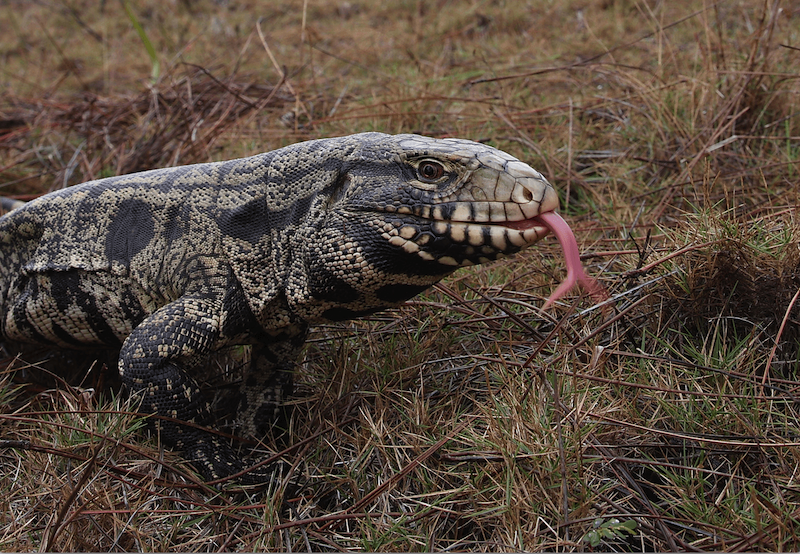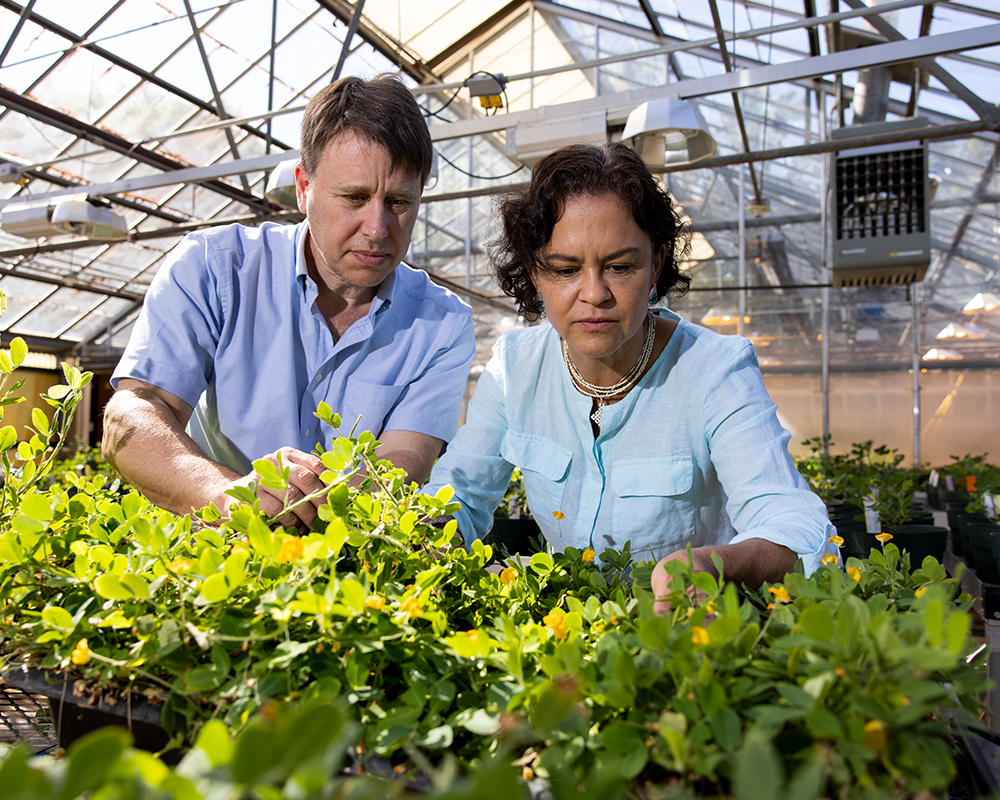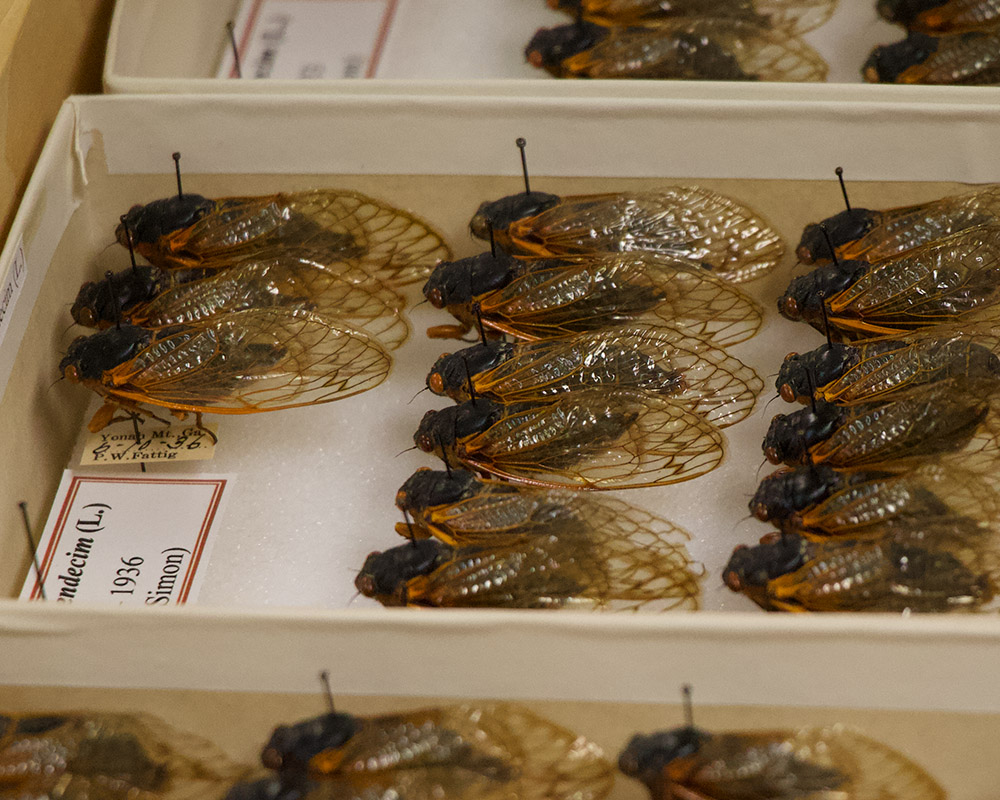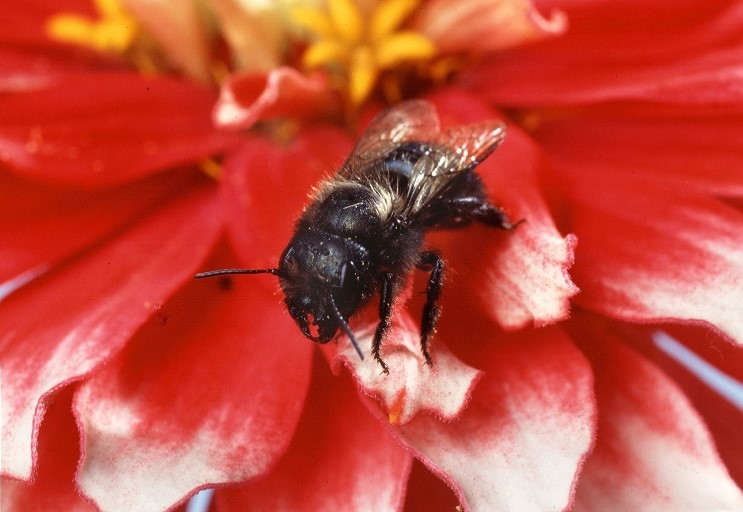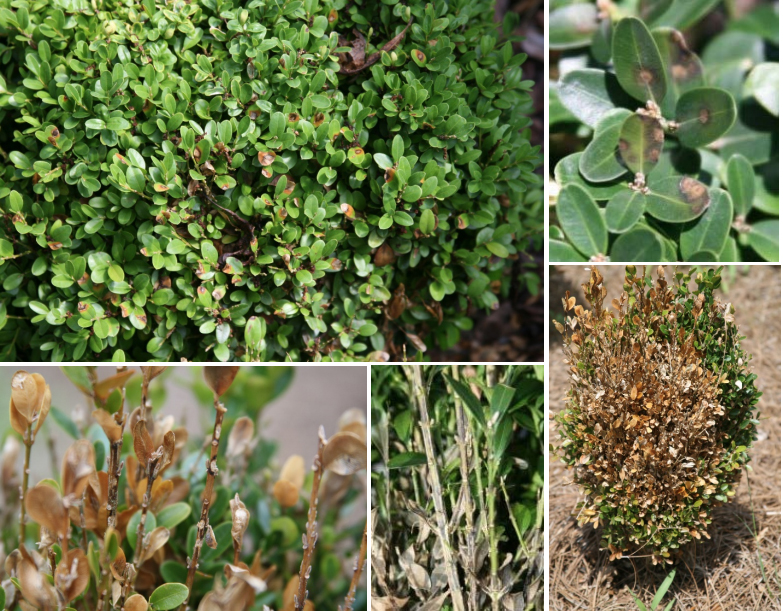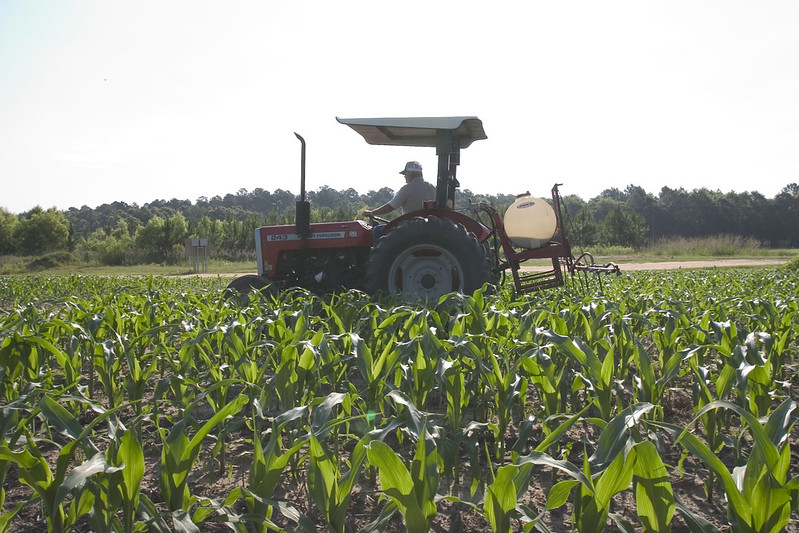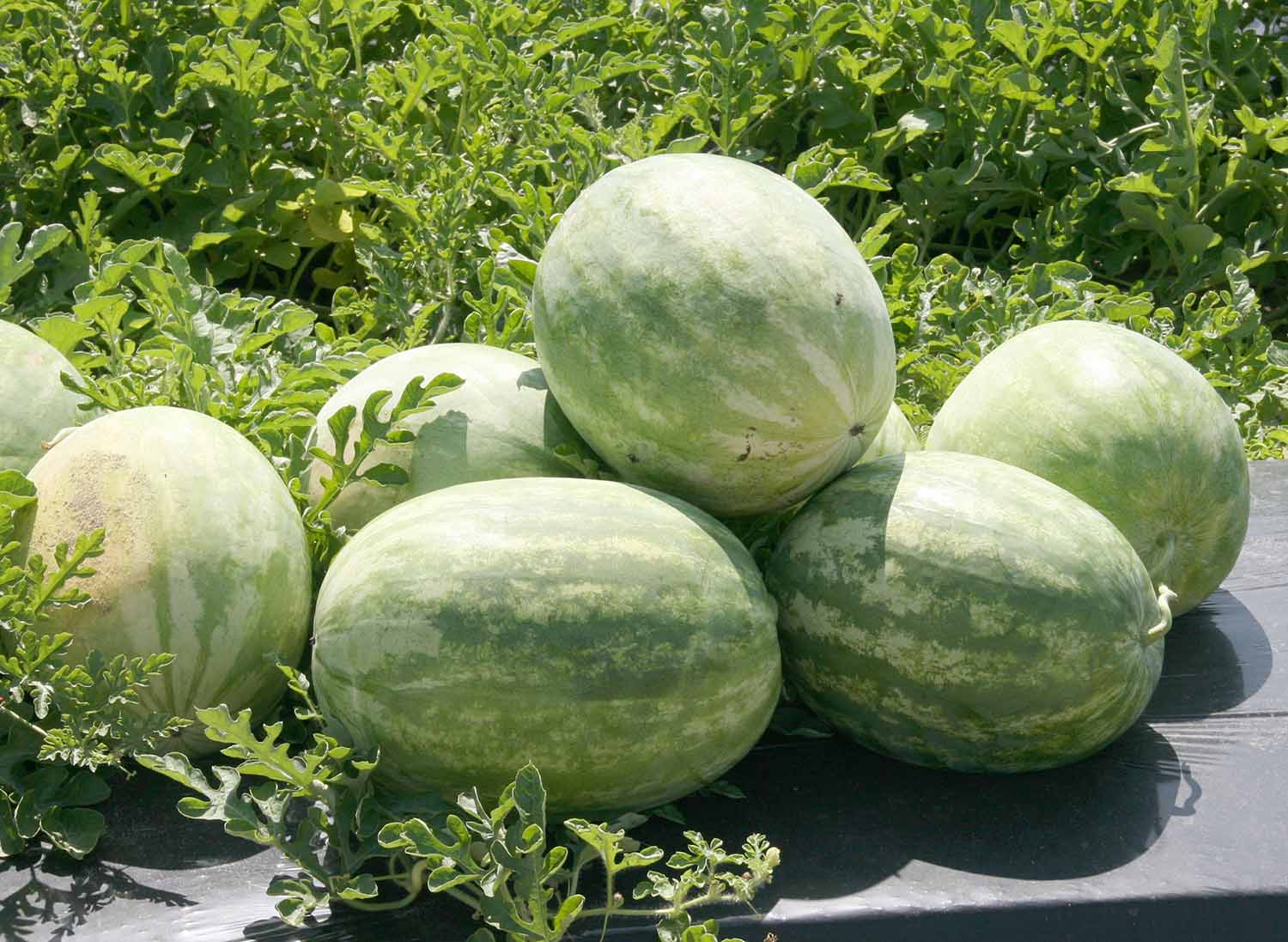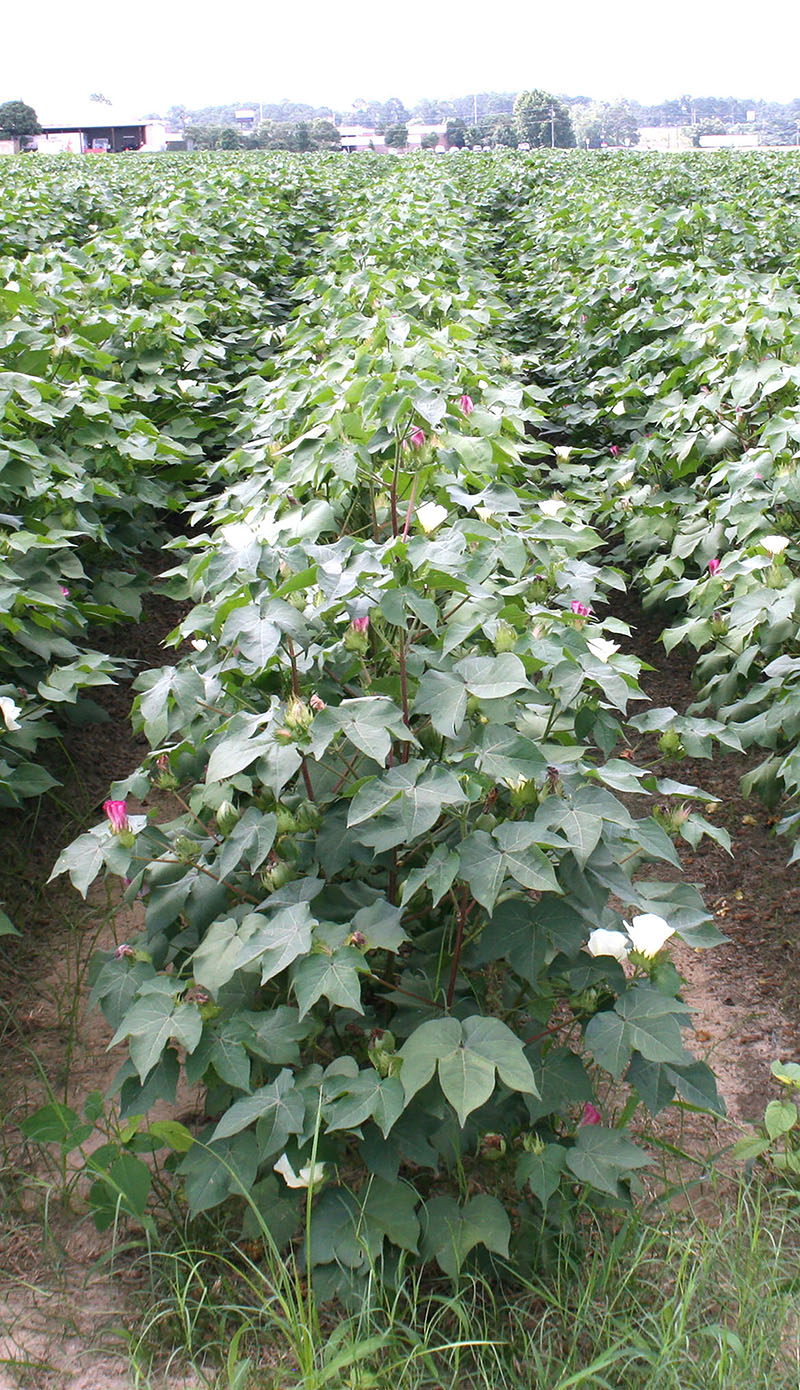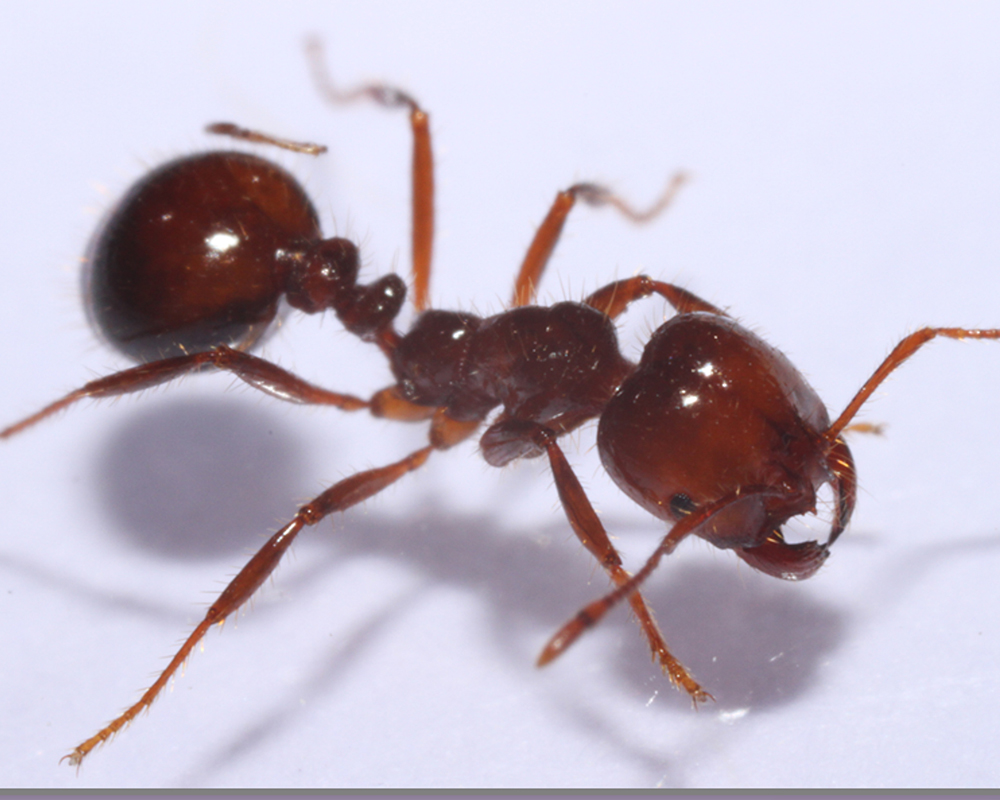.JPG) CAES News
CAES News
Large Patch
As warm-season turfgrasses continue to green up, diseases are rearing their ugly heads. The main culprit this time of year is a fungus, Rhizoctonia solani, that causes large patch disease in lawns. Large patch can infect all warm-season turfgrasses, but centipede, St. Augustine, and zoysia are particularly susceptible.

